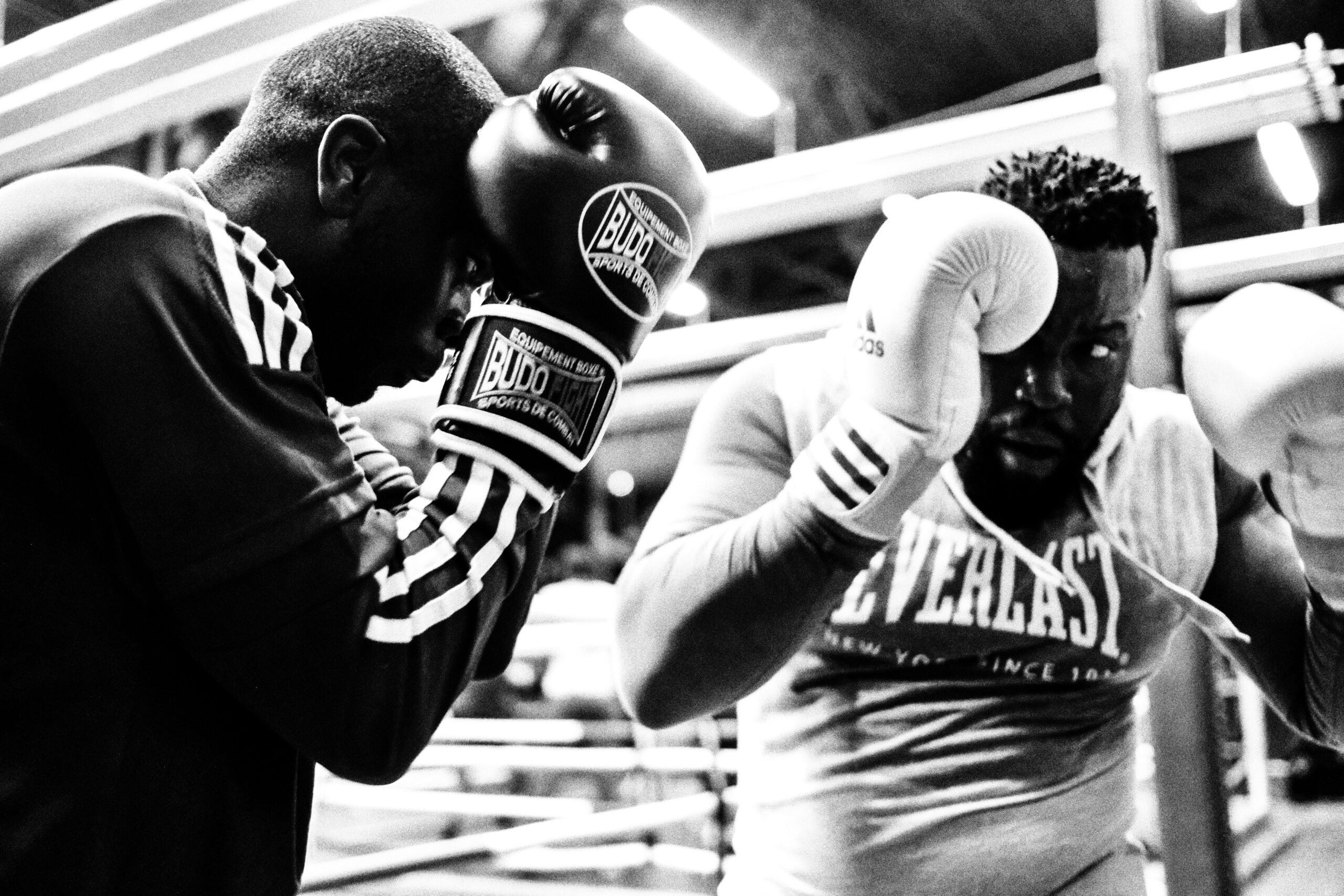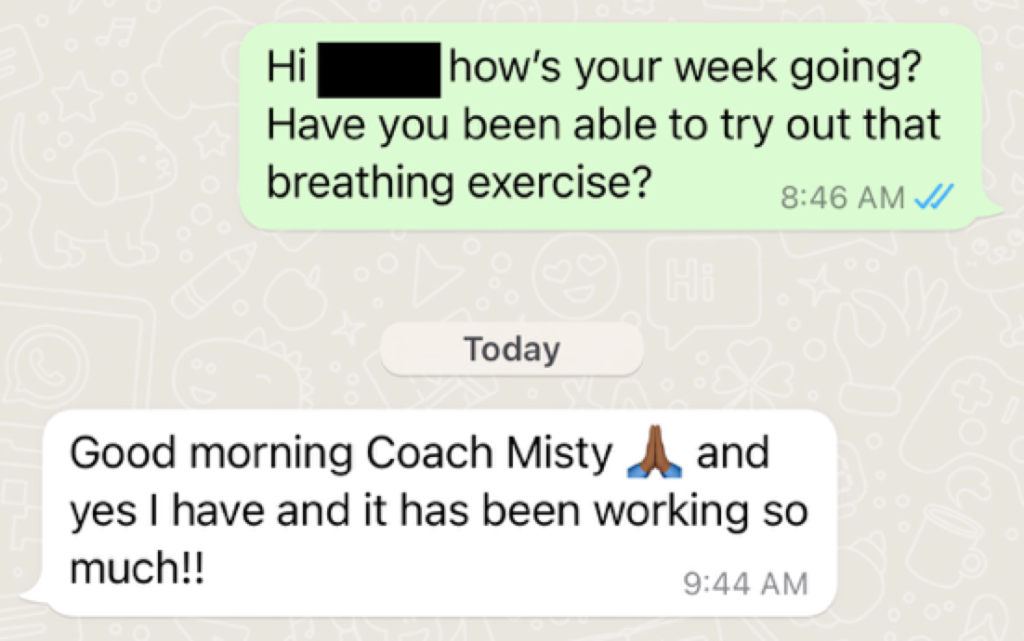

Sports are emotional. There’s no way around that. Managing emotions in sports is a key to the success of both teams and individuals from players to coaches. Your emotions can keep you in the game or take you out of it, and are therefore a critical factor in the outcome performance.
Bill Russell once said, “I used to joke that if you could bottle all the emotions let loose in a basketball game, you’d have enough hate to fight a war and enough joy to prevent one.”[1]
Emotions play an important role in sports. They can motivate you to push harder, help you focus on your goals, and even improve your performance. However, if not managed properly, emotions can also have negative effects on your performance. For example, anxiety can cause you to make mistakes or lose focus.
One of the keys to managing emotions in sports is to understand your emotions and how they affect your performance. By recognizing your emotions and learning to control them, you can improve your performance, boost your confidence, and achieve your goals.


I once was an emotional health coach for a basketball player who often got in his head during games. If he felt he wasn’t performing well, he would get angry and lose focus. His performance would get worse as his anger increased. To help him through this, we spoke about a variety of emotional management strategies. By the following week, he began seeing improvement by using such techniques as breathing exercises during the game.
There are many benefits to emotional management in sports. It can improve your focus, help you stay calm under pressure, and even improve your physical performance. Managing emotions in sports can also help you develop better relationships with your teammates and coaches.
Additionally, when you learn to manage your emotions, you can use them to your advantage. For example, when you feel nervous before a game, you can use that energy to motivate yourself to perform at your best. How? Well, sometimes pregame jitters are a signal to you that it’s time to play and so it might be something that’s actually helping you rather than hurting you.
There’s a famous story about NBA legend Bill Russell and how he would vomit before every game. It was part of his ritual. I don’t know if it was induced by nerves or what, but I have to imagine there was some level of emotion there.
Emotional health coaching is a process that helps athletes learn to manage their emotions. The coach can help you identify your emotions, develop coping strategies, and improve your emotional intelligence.
This type of coaching can be done one-on-one or in a group setting. It can be especially helpful for athletes who struggle with managing their emotions on their own. If you consider yourself to be a highly sensitive person, someone who is passionate, someone with explosive energy, or someone who is highly competitive and a hot head, emotional management can help you even some of that out.
Emotional health coaching doesn’t take away your competitive edge, but rather helps you get to know yourself better so that you perform better. You learn which buttons are easily pushed and how to get in front of them. In essence, you’re learning to be emotionally proactive, rather than reactive. It’s powerful stuff for any athlete!
There are many strategies you can use to manage your emotions in sports. For starters, here are five winning strategies that can help you perform at your best:
Deep breathing exercises can help calm your mind and body. When you feel anxious or stressed before a game, take a few deep breaths to help calm your nerves.
There are a couple of ways you can do this:
Visualization techniques can help you prepare for a game and improve your performance. To use this technique, close your eyes and imagine yourself performing at your best. Visualize yourself making your shots, running fast, and playing with confidence.
Feel all of the emotions you feel when you play well and you’re in the “zone.” Really bring those emotions and feelings to the surface. Feel yourself being confident. When you are in the game, if things go awry, come back to this feeling and visualization.
Positive self-talk can help you stay motivated and focused. When you feel negative thoughts creeping in, replace them with positive affirmations. For example, instead of thinking “I’m not good enough,” tell yourself, “I am strong and capable.”
Being disciplined in your thoughts and self-talk can help you quiet your negative thought habits, and the emotions that go along with them. Sometimes it’s your thoughts that create emotions so it’s really helpful to get in the habit of noticing when you’re having a thought that’s not helpful and redirecting that to something that is helpful.
Mindfulness can help you stay focused and present in the moment. If you feel yourself getting distracted, redirect your thoughts to your breath. Allow yourself to acknowledge how you’re feeling, which can actually help you move on faster.
It’s really important that you don’t ignore or swallow your emotions. On the flip side, you don’t have to react to them either. Breathe, acknowledge, let it be, and choose a new focus.
As you focus on your breath and validate the feeling, you’ll notice that your emotions will level out. Give your emotions their moment, but don’t allow them to steal the show. Allow them to be what they are, and then move on by choosing a new focus and direction of thoughts.
If you’re struggling to manage your emotions on your own, consider seeking the help of an emotional health coach. Your coach can help you develop coping strategies, develop resilience, and improve your emotional intelligence.
Managing emotions in sports is an important part of performance, leadership, and being a good teammate. By understanding your emotions and learning to manage them, you can improve your performance and achieve your goals. Incorporating winning strategies such as deep breathing exercises, visualization techniques, positive self-talk, mindfulness meditation, and seeking the help of an emotional health coach can help you perform at your best. When choosing an emotional health coach, look for someone who has experience working with athletes and to who you feel comfortable talking.
[1] Russell, Bill. Bill Russell: Legend,. 2023 Netflix, www.netflix.com
Every athlete knows the importance of rest and recovery. However, many athletes experience issues like…
It’s safe to say that Jayden Daniels is having an outlier rookie season in the…
Photo by Tony Schnagl Comparison is a natural part of the athletic journey. Every athlete…
Photo by Marcel Strauß on Unsplash Emotions. We all have them. Sometimes they are simple…
Image by 3D Animation Production Company from Pixabay Just before the start of the 2024…
Photo by Rodolfo Clix In combat sports like MMA and boxing, it might be surprising…